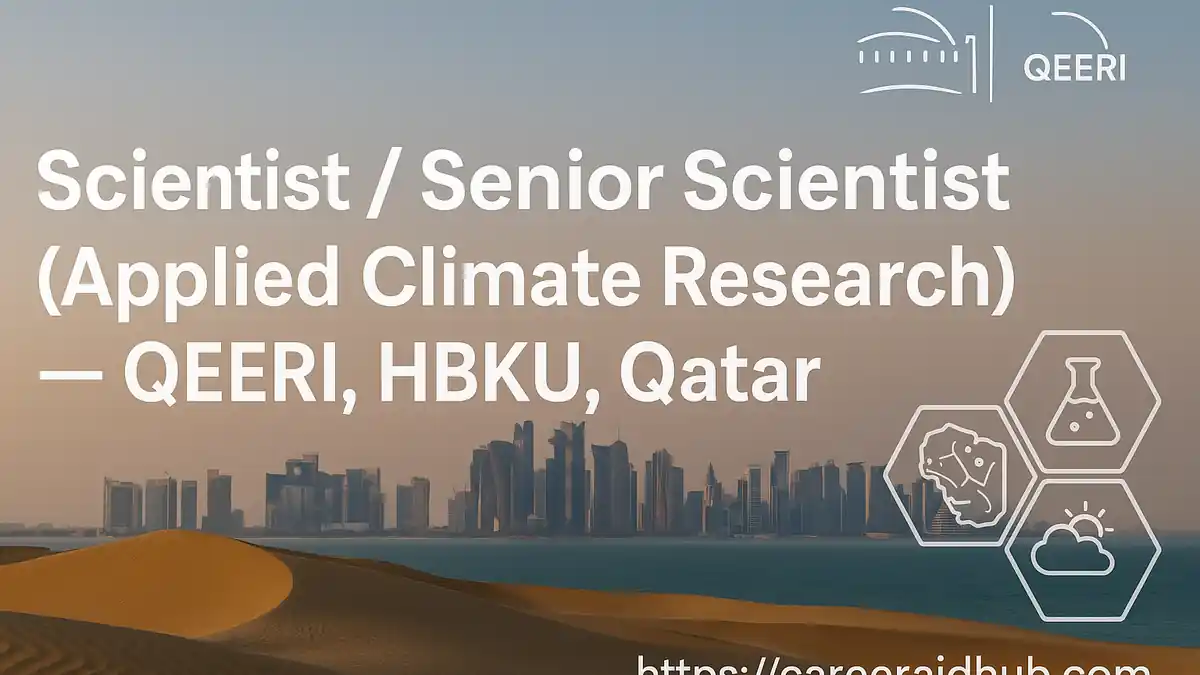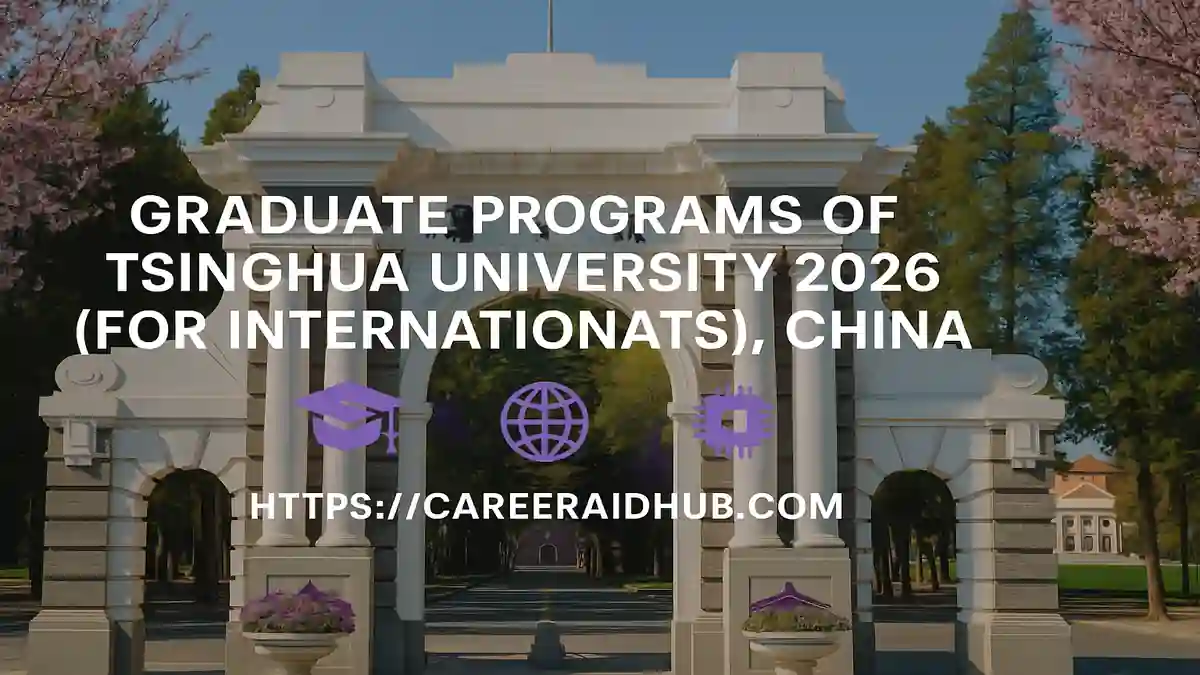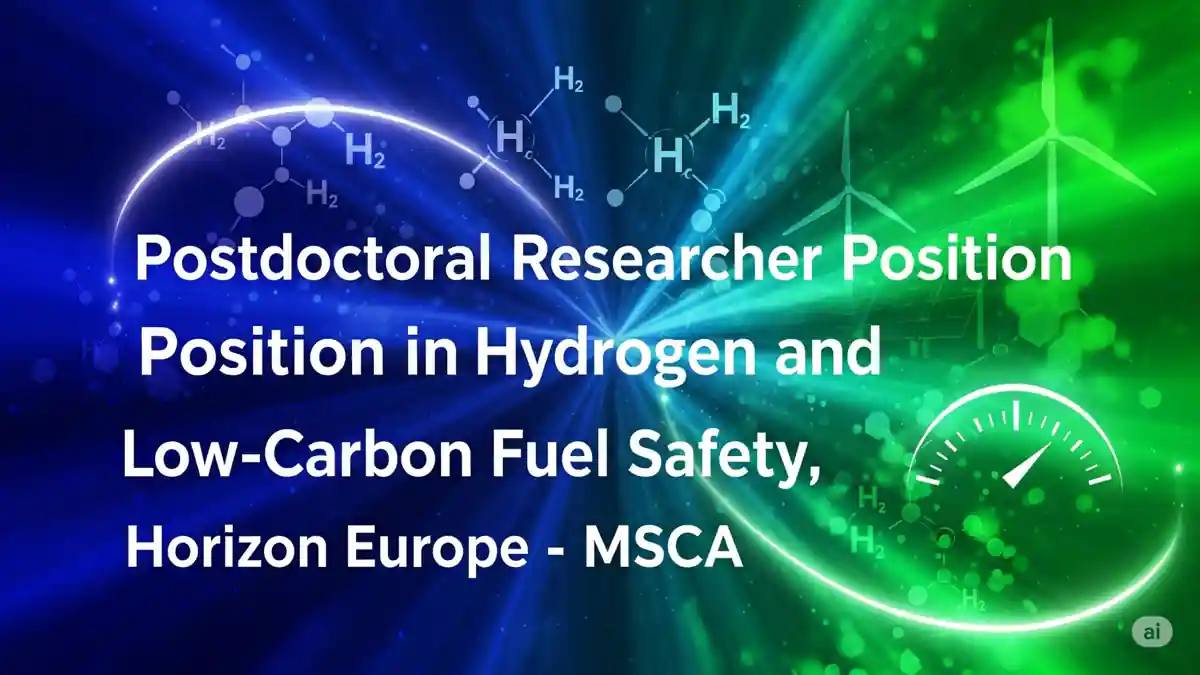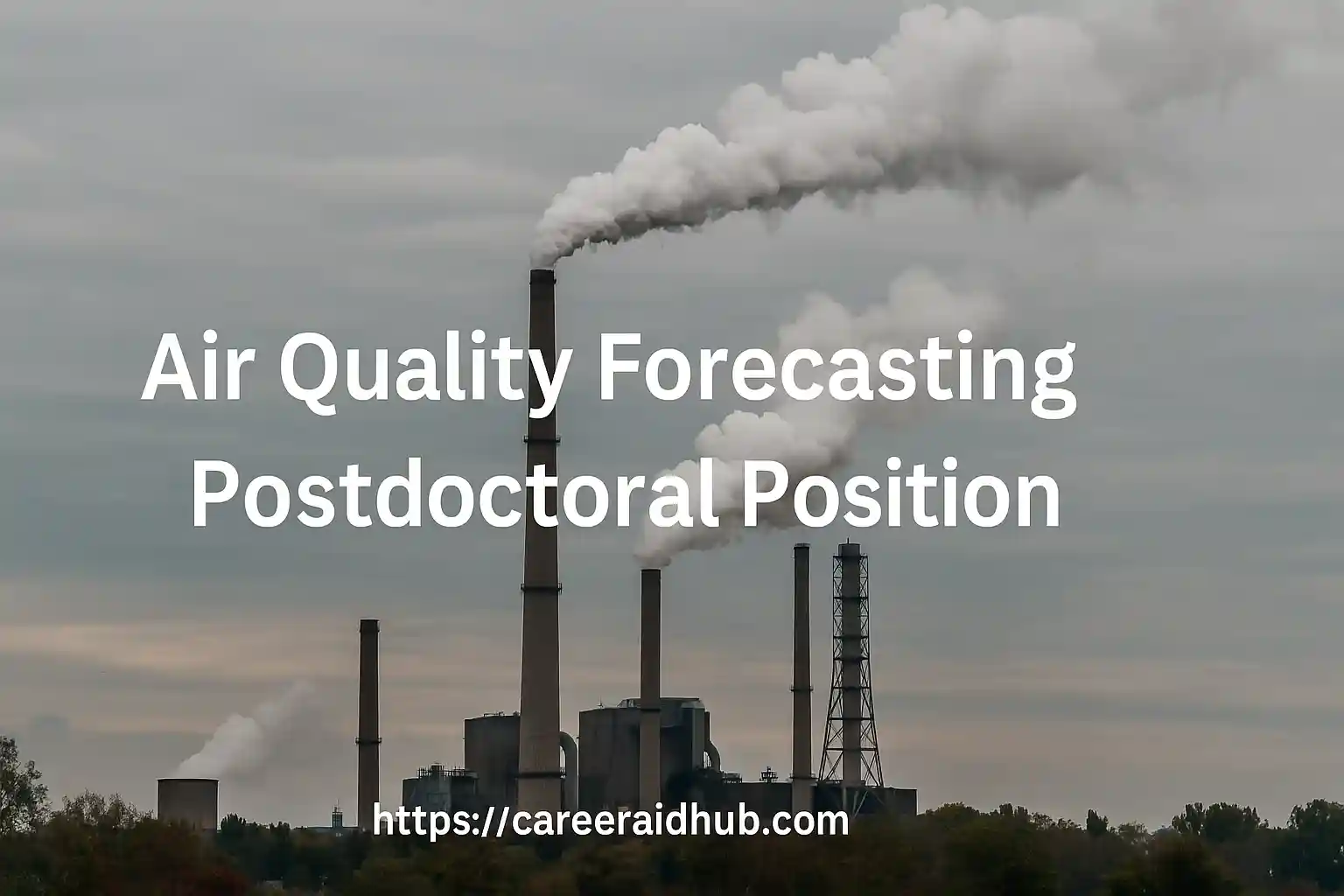Why QEERI and why this role?
QEERI sits at the heart of HBKU’s mission to address national “grand challenges” in energy, water, and the environment. Its research portfolio feeds directly into Qatar’s long-term sustainability objectives under Qatar National Vision 2030, supported by Qatar Foundation’s research ecosystem. That means your models, datasets, and policy notes are not just publications—they influence strategy, infrastructure, and community resilience.
If you’re a climate modeller looking to translate science into high-impact policy and resilience action in arid and coastal regions, the Qatar Environment and Energy Research Institute (QEERI) at Hamad Bin Khalifa University (HBKU) is hiring a Scientist / Senior Scientist in Applied Climate Research. The role focuses on regional climate modelling, impacts, and adaptation for Qatar and the broader Middle East—an arena where advanced science meets real-world decision-making.
About QEERI
Qatar Environment & Energy Research Institute (QEERI) is a national research institute within HBKU dedicated to solving energy, water, and environmental challenges through applied, mission-driven research and innovation. Its work informs policy, supports industry, and nurtures the next generation of scientists and engineers in Qatar and the region.
The work you’ll lead
The appointment is geared to scientists who
- Develop, optimise, and run regional climate models (e.g., WRF, MPAS) at multiple spatial/temporal scales, including bias correction and validation against observations.
- Quantify climate impacts on critical sectors—urban heat and microclimate, energy demand, water availability/quality, and infrastructure risk.
- Co-create adaptation strategies and policy recommendations, engaging non-technical stakeholders to align science with planning and regulatory pathways.
- Publish high-impact papers, present at global conferences, and raise the visibility of arid-region climate science.
- Collaborate across disciplines—linking climate outputs to urban design, energy systems, water security, health, and environmental quality.
Who should apply?
QEERI is looking for applicants with:
- PhD in Climate/Atmospheric/Environmental Science (or closely allied fields).
- Experience: ≥3 years post-PhD (industry or postdoc) for Scientist; ≥5 years for Senior Scientist.
- Core skills: regional climate modelling; climate impacts and adaptation assessment; programming for data analysis/model development (Python, R, MATLAB, NCL) and HPC workflows.
- Communication: the ability to translate complex findings for policy, industry, and public audiences.
- Bonus: work in arid/extreme climates; familiarity with MPAS climate mode; track record in grant capture and project leadership.
Where your science lands
QEERI’s mandate—and its facilities—are purpose-built for applied outcomes. The institute integrates indoor labs, outdoor test beds, and data/compute infrastructure, enabling end-to-end workflows from climate drivers to sectoral impacts and trial interventions. Your outputs directly support Qatar’s sustainability agenda and elevate the region’s research standing in energy, water, and environment.
What success looks like in the first 12–18 months
- Baseline simulations & evaluation: Deliver calibrated WRF/MPAS runs (historical and near-term) with documented bias-correction pipelines and uncertainty characterisation.
- Sector-ready indicators: Produce stakeholder-friendly indices (e.g., heat stress, water balance, cooling degree days) and city-scale projections that feed into planning.
- Adaptation options & briefs: Co-develop scenario-tested measures—urban greening/cooling, building envelopes, district cooling optimisation, water reuse triggers—summarised in policy notes.
- Publications & visibility: Submit at least 1–2 Q1 papers, present at a major conference, and contribute to QEERI/HBKU outreach.
Example research themes you might drive
- Urban heat and microclimate: downscaling to neighbourhoods, evaluating albedo/vegetation interventions, and quantifying human thermal comfort.
- Energy–climate coupling: projecting cooling demand under different warming pathways; linking outputs to sustainable cooling initiatives in arid regions.
- Water risks andresilience: rainfall extremes, salinity intrusion, and hydrological stressors that inform integrated water management.
- Dust and air quality interactions: coupling climate and particulate dynamics to support health and infrastructure maintenance planning.
- Adaptation policy design: evidence-based options aligned with Qatar’s national strategies and municipal planning cycles.
Salary and benefits
HBKU offers a tax-free salary with a comprehensive package including accommodation allowance, annual paid leave, and medical insurance. Final terms are commensurate with experience and seniority.
How to apply (and what to include)
Applications are accepted online via the official HBKU system. Prepare a focused dossier that demonstrates both scientific depth and applied impact:
- CV highlighting modelling, code repositories, HPC use, and sectoral collaborations.
- Cover letter (1–2 pages) that ties your expertise to arid-region priorities and QEERI’s mission; mention WRF/MPAS/bias correction experience up-front.
- Research statement (2–3 pages) outlining a 12–24-month plan for region-specific modelling and adaptation deliverables.
- Selected publications (with a short impact synopsis per paper).
- References who can speak to both your science and stakeholder engagement.
Submit here: HBKU Careers → “Scientist/Senior Scientist in applied climate research”.
Tips to stand out
- Anchor your proposal to the Gulf context. Demonstrate domain knowledge of extreme heat, humidity, dust storms, and coastal vulnerabilities, and how those translate into model configuration choices (physics schemes, boundary conditions, nudging strategies).
- Show reproducibility. Includea succinct note on your pipelines (Conda, Snakemake/Nextflow, containerisation) and data provenance (ERA5, CORDEX, CMIP6).
- Bridge to impact. Provide at least one worked example of how your outputs informed siting decisions, heat action plans, or utility operations.
- Quantify uncertainty. Outline ensemble design, multi-physics runs, and calibration/validation metrics. Decision-makers care about ranges, not single numbers.
- Communicate for non-scientists. Attach a one-page infographic or dashboard mock-up translating model results into decisions for planners and regulators.
Who will thrive in this environment?
Scientists who are hands-on modellers and system thinkers—comfortable with code, clusters, and cross-disciplinary teamwork—tend to do exceptionally well at QEERI. If your motivation is to see your work shape cooling strategies, urban design, and water planning in one of the world’s most challenging climate zones, this post is a natural fit. QEERI’s institute-level mission explicitly supports such translational pathways.
Key facts
| Item | Details |
Employer | Qatar Environment & Energy Research Institute (QEERI), Hamad Bin Khalifa University (HBKU) |
Role / Level | Scientist / Senior Scientist — Applied Climate Research |
Location | Doha, Qatar |
Focus Areas | Regional climate modelling (WRF/MPAS), downscaling, bias correction, climate impacts & adaptation for arid/coastal regions |
Responsibilities | Run/calibrate regional models; generate decision-ready indicators; lead adaptation analyses; publish; brief policymakers; collaborate across energy, water, environment domains |
Qualifications | PhD in Climate/Atmospheric/Environmental Science (or related) |
Experience | Scientist: ≥3 years post-PhD; Senior Scientist: ≥5 years with leadership/PI track |
Technical Skills | WRF/MPAS, ensemble design, validation, uncertainty analysis, data assimilation where relevant |
Programming & HPC | Python/R/MATLAB/NCL; Linux; HPC job schedulers; reproducible pipelines (Conda, containers, Snakemake/Nextflow) |
Impact Domains | Urban heat/microclimate, energy demand & sustainable cooling, water security, extremes (heat/rain/dust), policy translation |
Outputs / KPIs (12–18 mo.) | Baseline/near-term runs; bias-corrected datasets; stakeholder indicators; 1–2 Q1 papers; policy/adaptation briefs |
Soft Skills | Stakeholder engagement, science communication, interdisciplinary teamwork |
Benefits | Competitive tax-free salary; housing allowance; medical; paid leave (as per HBKU policy) |
Visa/Relocation | Typically sponsored, subject to institutional/national rules |
Application Materials | CV; tailored cover letter; 2–3-page research plan; key publications; referees |
How to Apply | Submit via HBKU Careers → Scientist/Senior Scientist in applied climate research |
Deadline | Click here |










